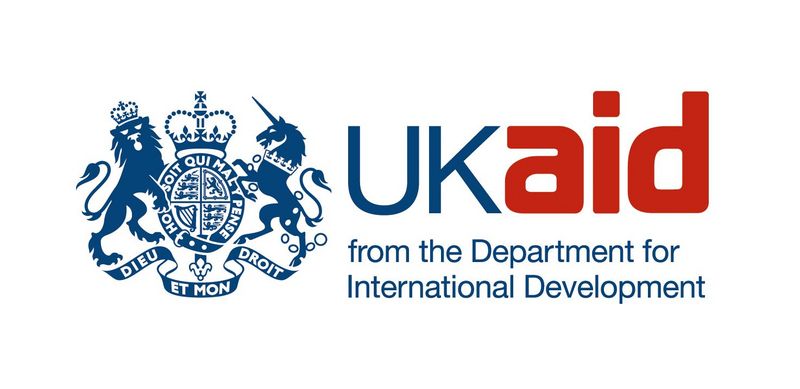During an official visit by the Department for International Development (DFID) to Gaza, the United Kingdom has pledged millions to help alleviate the pressure facing United Nation schools across the Gaza strip, with the money being earmarked to build a dozen new schools, and provide places for up to 24,000 students, half of whom will be girls. International Development Secretary, Andrew Mitchell, visited Gaza for the first time, to asses the work the United Nations Relief and Works Agency (UNRWA) is doing in educating the children of the Gaza Strip. Seeing the desperation and the appalling conditions faced by school children up and down the besieged costal strip first hand, appears to have spurned the British Government to act.
UNRWA was first set up following the Arab-Israeli conflict; they were established by United Nations General Assembly Resolution 302, in December of 1949. The mandate of UNRWA was to provide assistance to education, health care, camp infrastructure and community support for the refugees of the conflict, and was later expanded to include those displaced in the Six Day War of 1967.
Whilst UNRWA’s mandate tightened following the Oslo Accords in the early nineties, they now focus mostly on the schooling and education of Palestinian refugees. Their services are available to those eligible of the five million registered refugees in Jordan, Lebanon, Gaza, Syria, and the West Bank (including East Jerusalem), 1.4 million of whom live in 58 camps across the region. UNRWA has around 1,000 installations and 30,000 staff, and they work directly with the Palestinians, and closely to local governmental organizations.
Mitchell stated that Gaza is “currently facing an education emergency, with over 40,000 refugee children unable to go to UNRWA schools.” He added that “Education is a fundamental cornerstone of development, allowing people to lift themselves out of poverty.”
More than half of Gaza’s population is under the age of eighteen, making the need for good education services even more paramount, with UNRWA providing education for over 200,000 children. The British government has pledged £14.6 million, which is projected to be able to secure places for an additional 24,000 pupils, and build twelve new schools.
Whilst the money is much needed, the shortfall faced by UNRWA far exceeds that amount. With a budget of approximately US$1.23 billion, they normally run about 85% of core services, due to a severe monetary shortfall- in 2009 they only received US$948 billion out of the required bare minimum of US$1.2 billion, resulting in a steady decline of services, and nearly every UN run school working at double capacity. In 1975 the average annual expenditure per refugee was around US$200, that amount today is now $110.
Of the budget, roughly half is allocated for education, with one-fifth going towards health services, and the rest to various other projects. This means tens of thousands have no access to the free UNRWA education, and thousands have to rotate or share their use of the classroom, and an estimated fifteen hundred children are being taught in shipping containers.
On their visit, the DFID delegation met with Palestinian President Mahmoud Abbas, Prime Minister Salam Fayyad, and Israeli Minister Benny Begin. They discussed the current political situation and the siege of the Gaza strip, with Mitchell addressing the urgent need for increased access and movement of goods and people into and out of Gaza, to foster trade and economic development for the costal enclave.
The Palestinian refugees are the only group of displaced people who have a UN body specifically targeting them, and whilst UNRWA was initially set up as a temporary body, its mandate has been renewed numerous times, with the current expiry date set in 2014.
Their official website claims that despite the reduction in services, “UNRWA’s commitment to Palestine refugees remains undiminished, and the Agency will continue to serve them pending a just resolution of the question of the Palestine refugees.”

